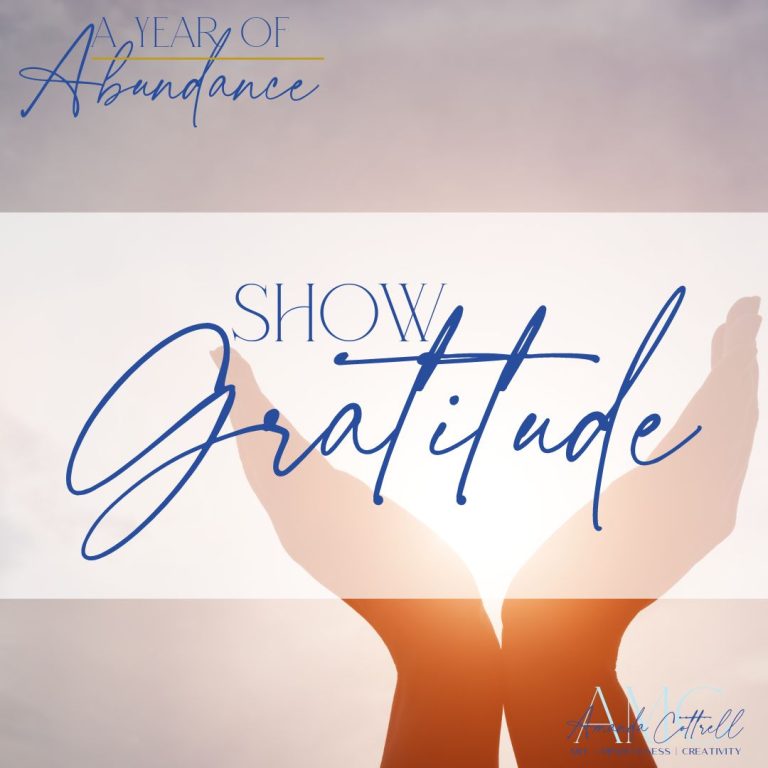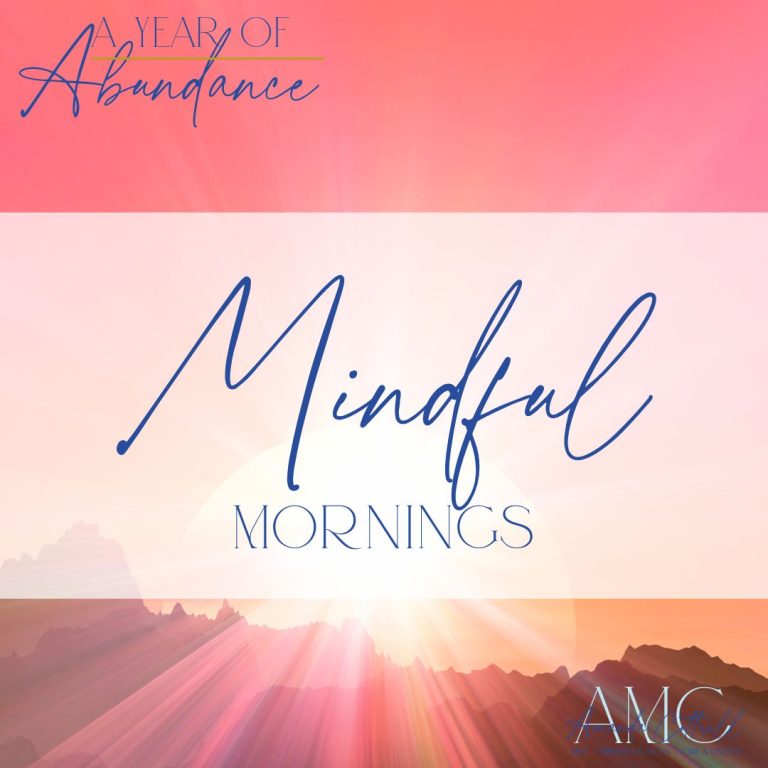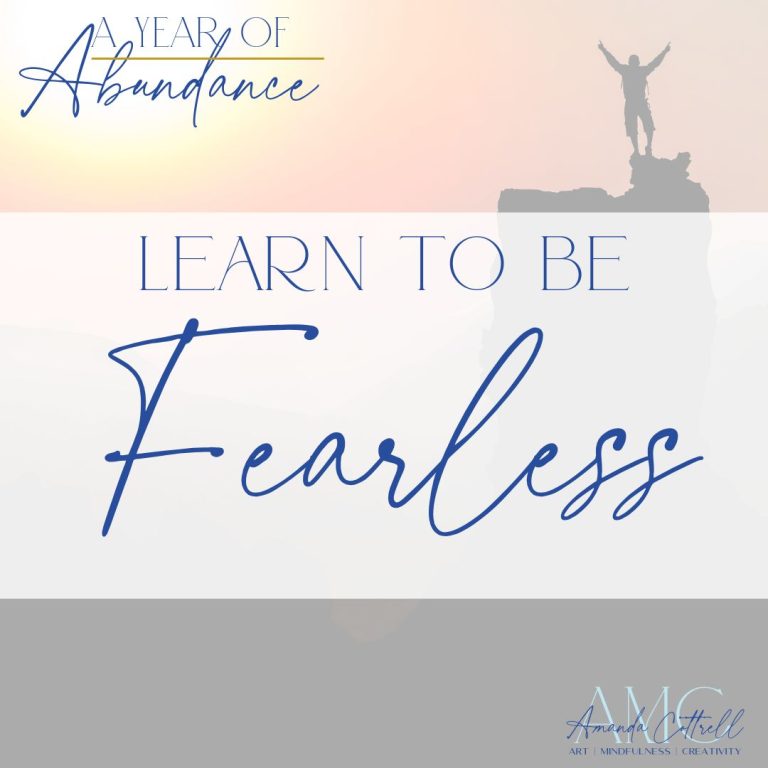Why Reading to Your Kids is Essential?
Did you know that young children who have been read to from birth to kindergarten have a significant advantage over those who were not read to? Research out of Ohio State University found that kids who are read one book daily will hear almost 300,000 more words than those who were not regularly read to.
Children who were read an average of 5 books a day, would hear over a million more words by the time they entered the school system. Researchers from this study were blown away at how many parents reported ‘rarely’ or ‘hardly ever’ reading to their children daily in the study. The research suggests a reason why educators see such a big gap in children as they enter the school system.
Buy Now! What Do You Learn At School?
I have been an educator since 2006, I have taught children from 7 to 12 years old. Every year no matter what grade I teach there is always a bell curve of students when it comes to their reading and writing skills. I am almost guaranteed to have some students a few grade levels ahead in their reading and writing and a few a few grade levels below. I would say on average there is a 6 year gap between the students in my class every year in their reading and writing ability.
This has always fascinated me as to why this is and what it is that educators, parents and society can do to help us close this gap. Usually students who are good readers are good writers and vice versa I think this is because they see the correlation between reading and writing, but this is not always the case. I have had some students in the past who could read well above grade level yet their writing was average or below. This is more uncommon though.
Many children as young as grade 2 will already have decided if they like reading or not. When I hear kids who are only seven years old say they “hate” reading, it really makes me wonder what has caused this at such a young age. I even know adults who do not like reading. Yet reading is so essential to how we interact in society.
Bob Proctor speaks about how he did not read and did not like reading as a young adult. At 25 years old, he was reading at about a grade seven level. He then went on to learn that the average person reads at a grade seven level. With all of the societal advancements we have made in the last 50 years you would think that the average person would be able to read at a much higher level than grade seven.
Learning this has actually blown me away, and it should blow you away too. We live in the most technologically advanced society in history yet many people struggle with reading. What can we do to shift this? I think we can by approaching reading differently.
One thing I always tell parents whose children are struggling with reading is to start reading them books that their child is interested in. Even if the reading level is way above the level their child is reading at. This is because people are so much more likely to invest time in something they are interested in. When they are interested then they will be willing to sit down and listen to the book.
Then you can slowly start to get them to read one line or a few words on the page. I also have found that graphic novels have made a significant impact on getting children excited about reading, specifically boys. Many parents will complain that their child will only read graphic novels. My view is always if they are reading and they are excited about what they are reading you have won half the battle.
How many adults do you know have not read a book since they left high school? I am sure you know a few or maybe you are that person. I want you to think about the reasons why people may avoid reading. Do they have trauma from childhood over not feeling good enough in their reading ability so now as an adult they avoid it like the plague? When we avold things as adults there is probably some trauma attached to that activity. I have spoken to successful entrepreneurs who barely passed high school.
Yet once they got out of high school and found something they were interested in they were able to excel beyond their wildest dreams. One entrepreneur I spoke to told me he was lucky if he got over a 60% in any class in High School. Yet after High School he decided to study to be a fireman. To pass he needed to get over 80% on the test, he had never got an 80% in his life. Yet he was interested in the material and was determined to become a fireman so he was able to study and pass. Then he went on to start his own business and become very successful.
I hear many stories like this about school, reading and motivation. When students see a reason behind what they are reading and can make connections to something they want to achieve they will strive above to achieve it. It is like reading for a purpose has the power to motivate people who struggle with reading.
As a teacher, I want my students to read for enjoyment and to learn to love reading. Part of the problem is that so many people view reading as just sitting with a book and not interacting with the world. Yet in many cases we are reading all of the time and do not even know it. They read instructions on how to play their favorite games, they read lists for the grocery store and texts that they send to their friends.
They read posts on social media. When text is connected to something students are intrinsically interested in they will read without even realizing it. I think educators and parents need to put more emphasis on how we read in daily life and less stress on can you read the words on this page of a book you are not even interested in.
Once students see a value in reading throughout their daily lives they will be more inclined to pick up a book and read for enjoyment. This is where the need for good literature comes in. Students need access to a variety of books from a variety of genres. They will not like all of the books in every genre and they may pick up a book and absolutely hate it and that is Ok.
They can pick up a book in a different genre or from a different author and love it. We do not all have the same interests so we should not all be expected to read a book from cover to cover. Even as an avid reader there are some books I do not finish because they just do not hold my interest. Yet I will have had a friend recommend it to me and they loved it.
The other thing I think is so important, is realizing that even big kids can enjoy a picture book. There are many, many picture books that can empower children of any age. Some picture books can even get adults thinking about the world in a different way. That is the goal of all of the picture books I have written. My hope for my books is that they can resonate with people at any age. Essentially, I think this is key to good writing. When any age group can see the value in the message of a book no matter how long or short it is.
In summary, no matter what your child is reading, encourage them to read. Reading can look like curling up with a book or it can look different and have more real life applications. The goal for parents and teachers should be to get kids to see the joy in reading. Once they find joy in reading they will see value in it.







Thank you for this article! Reading is an essential part of a child’s growth and development.